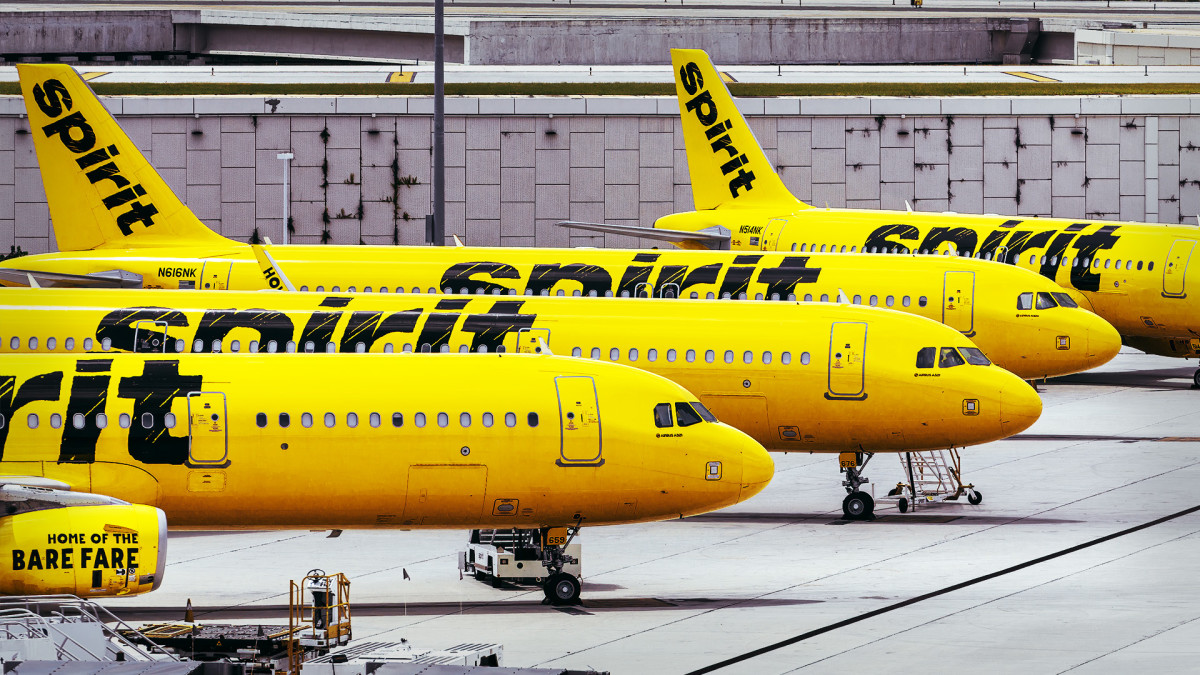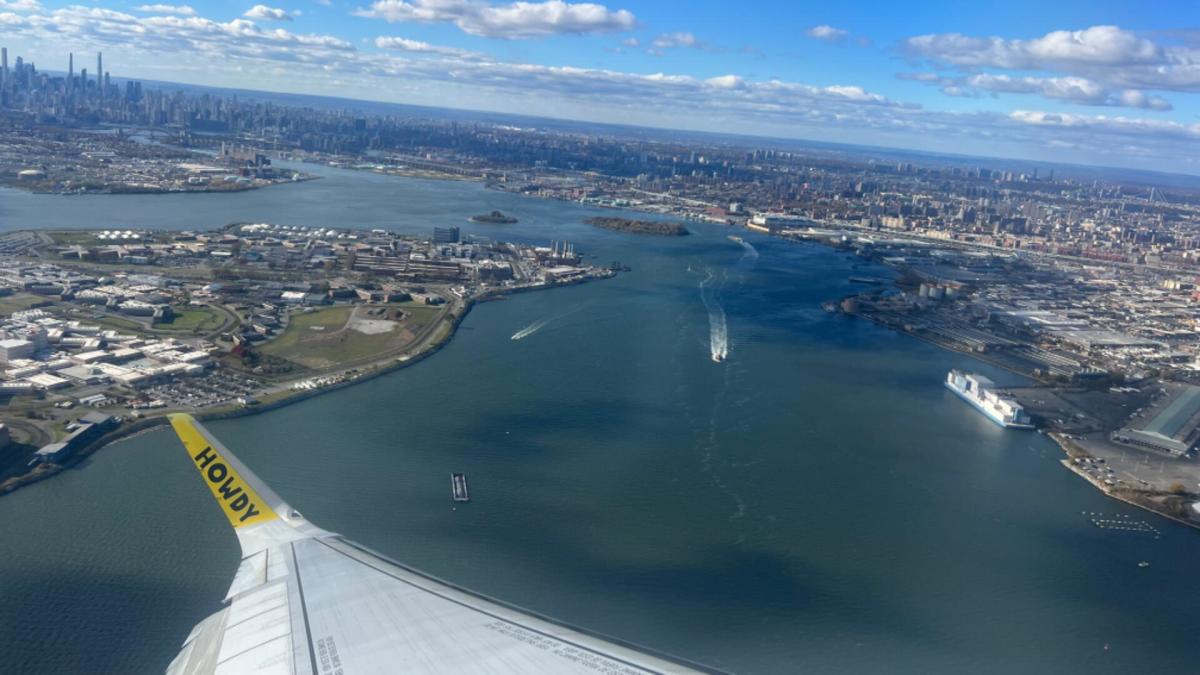
While some airlines have been seriously benefiting from the boost in post-pandemic travel, Spirit Airlines (SAVE) -) has struggled to bring in profit despite high revenue in the last year.
At the end of October, the airline reported a $157.6 net third-quarter loss despite bringing in $1.2 billion in revenue.
"Softer demand for our product and discounted fares in our markets led to a disappointing outcome for the third quarter 2023," chief executive Ted Christie said in announcing the results.

Veronika Bondarenko
'We must return to profitability,' Spirit CEO says
An internal staff memo reported by CNBC shows that the airline started offering some salaried employees voluntary exit packages on Nov. 29 in order to avert widespread layoffs.
More Travel:
- A new travel term is taking over the internet (and reaching airlines and hotels)
- The 10 best airline stocks to buy now
- Airlines see a new kind of traveler at the front of the plane
"The last few months have been a testament to our resilience and dedication as a company but we must return to profitability, which will require a series of tough decisions," Christie told Spirit employees in the internal memo.
The biggest "difficult decision" is an Early Voluntary Out program. Interested employees will be able to accept a buyout package (the range of which has not been revealed) on their own. As another cost-cutting measure enacted earlier this year, the airline had previously suspended new pilot and flight attendant training while the current memo confirmed that this move would be permanent.
"Based on the success of that plan, we're implementing a similar set of opportunities to help us right-size our organization for our current fleet and business constraints," the memo reads further. The airline previously reported operating expenses of $1.4 billion in the third quarter and $4.3 billion in the year to date
This is what Spirit is doing to bring down costs, return to profit
Back in October, Christie has also said that it had taken steps to cut costs by "modifying the cadence of our aircraft deliveries through the end of the decade." This refers to bringing in fewer new planes even as the airline recently had to ground nearly 30 Airbus A320neo (EADSF) -) due to a recall from their engine manufacturer Pratt & Whitney after discovery of a problem in one of the metals used in the engine.
While a necessary precautionary step, the recall caused serious losses due to Spirit's inability to use the affected planes during the eight weeks when the situation is being examined through an ultrasound inspection. This reduced Spirit's plane capacity by as much as 5% throughout the fall.
Spirit is presently also in the middle of a protracted battle to merge with New York-based JetBlue (JBLU) -). An ongoing Justice Department lawsuit aims to block JetBlue's $3.6 billion bid to purchase the budget airline on antitrust grounds. JetBlue previously expressed plans to raise Spirit airfare prices by as much as 40% while such a move would leave travelers with one fewer competitor to choose from.
"We continue to believe merging with JetBlue and creating a viable competitor to the Big Four U.S. airlines is in the best interest of consumers, team members, and shareholders," Christie said during the same earnings call in October. "We are prepared to make the necessary strategic shifts to enable Spirit to compete effectively in this new demand backdrop."







